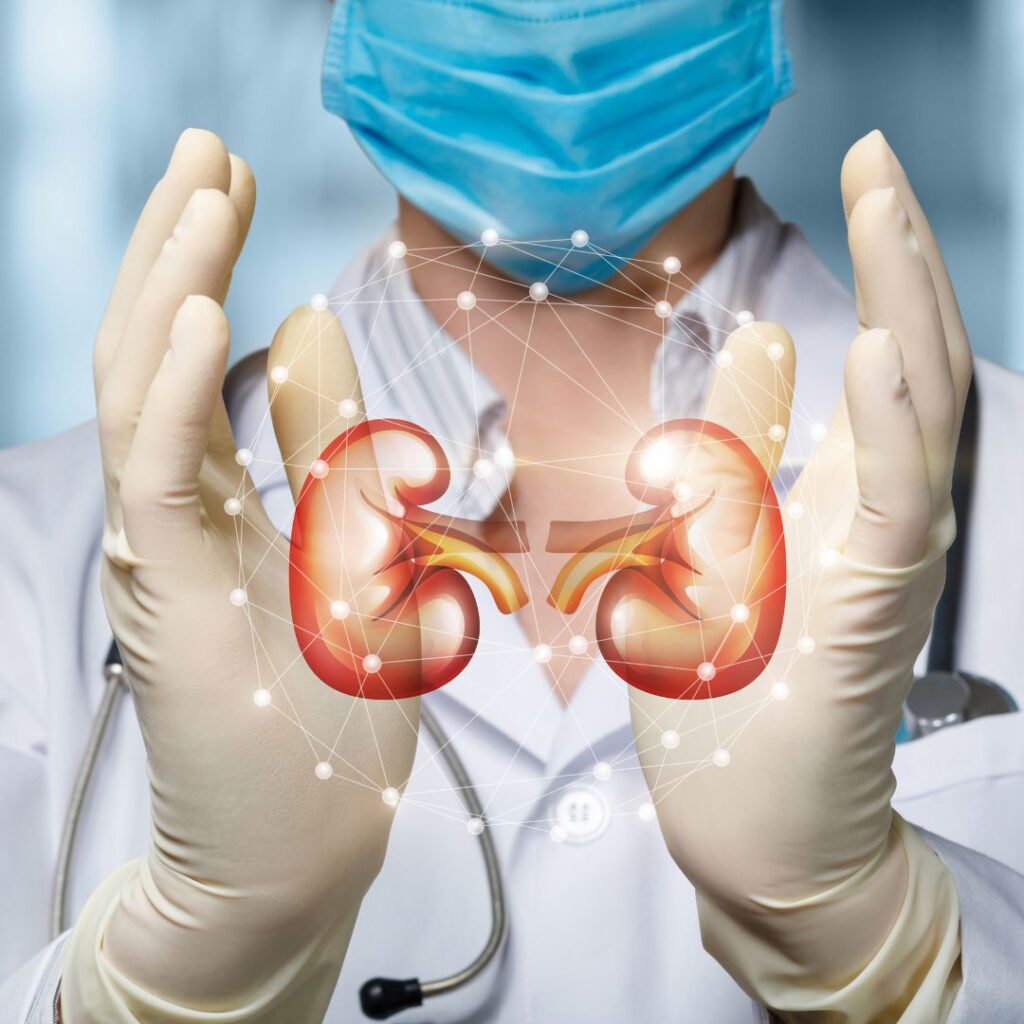Chronic Kidney Disease (CKD)
Best Chronic Kidney Disease means that there is evidence of kidney damage or decrease in kidney function which has been there for more than 3 months. In most cases, the damage begins slowly and progresses over time.
If identified early, it may be possible to initiate some therapy which may help slow down further worsening. In other cases, where there is very poor kidney function, patients may develop problems related to build up of toxins and extra fluids in the body. In some situations, the patient may beed dialysis.
Who is at risk of developing CKD ?
– Those with uncontrolled diabetes
– uncontrolled blood pressure
– on painkillers for a long time
– autoimmune conditions like SLE
– those with diseases damaging kidneys like Glomerulonephritis
– certain diseases run in families like ADPKD, Alports disease, etc
How is CKD detected ?
– blood tests like creatinine
– urine tests to look for protein leakage
– ultrasound to see how the kidneys look
– other tests may be needed depending on the patient’s presentation

What are the symptoms of CKD ?
most patients with CKD do not have any symptoms.
In other cases, following symptoms may indicate that you may need to speak to your doctor regarding assessment of kidney functions
– puffiness of eyes
– swelling of feet
– if you are passing less urine
– need to pass urine more frequently at night
– abnormal colour of urine
– unexplained anemia
– shortness of breath
– poor appetite, nausea
Treatment
– Good sugar control may reduce damage to kidneys and other organs
– Good BP control
– Quit smoking
– there are certain medicines which may help to slow the progression of kidney disease
– avoid painkillers
– for patients with other problems like autoimmune diseases, you need to be compliant to the medicines you have been prescribed
– when patients have end-stage kidney disease, they would need dialysis or kidney transplant.
